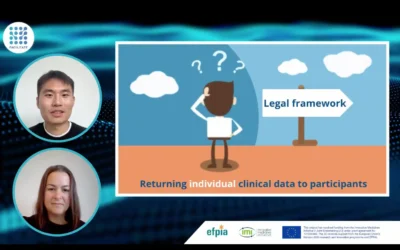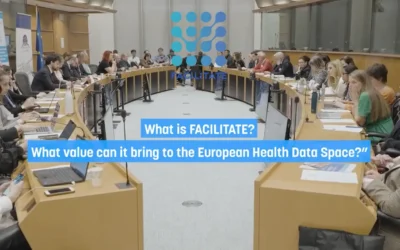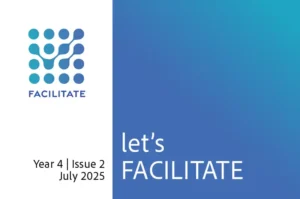Summary of the Opinion paperThe nexus of social alliances and Diverse Moral Domains: a bedrock for participatory clinical research by Johanna Maria Catharina Blom, Veronica Rivi, Fabio Tascedda, and Luca Pani. Front Med. 2023; 10 (https://doi.org/10.3389/fmed.2023.1250247)
Globally, there is a growing emphasis on adopting a participatory approach in clinical research. In this context, FACILITATE aims to redefine the patient’s role in the strategy and design of clinical trials, empowering them with new rights and responsibilities. The success of this initiative hinges on building trust by enhancing ethics, safety, and transparency within clinical trials.
In this Opinion paper The nexus of social alliances and Diverse Moral Domains: a bedrock for participatory clinical research, Professor Blom and colleagues advocate for a social alliance as a primary objective in the clinical research setting. The authors firmly believe that integrating transparency in sharing clinical trial data enhances trust, contributes to shared decision-making processes, and fosters a more participatory clinical research paradigm.
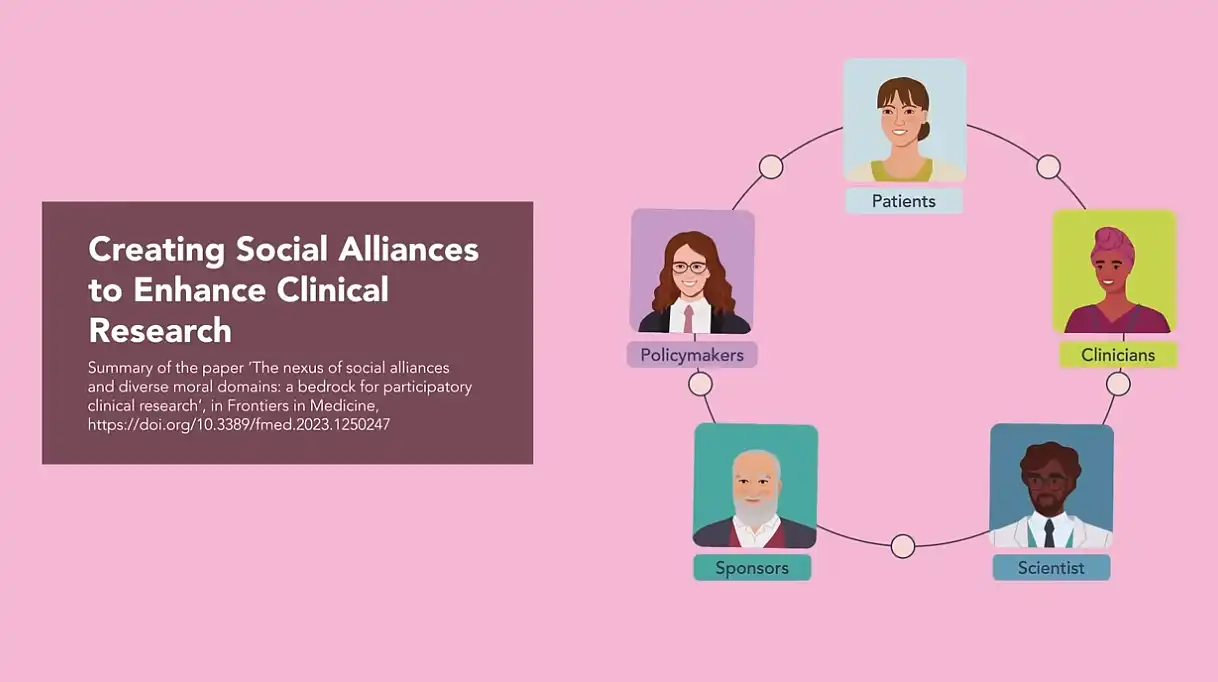
The social alliance, as the authors envision it, represents voluntary collaborations between multiple entities with distinct structural nuances and requires mutual interdependence, authentic interest in others’ well-being, and a commitment to support structures. This commitment ranges from shared data management systems to collaborative decision-making processes, which, in turn, are intrinsically linked to scientific, social, ethical, and policy-oriented aspects.
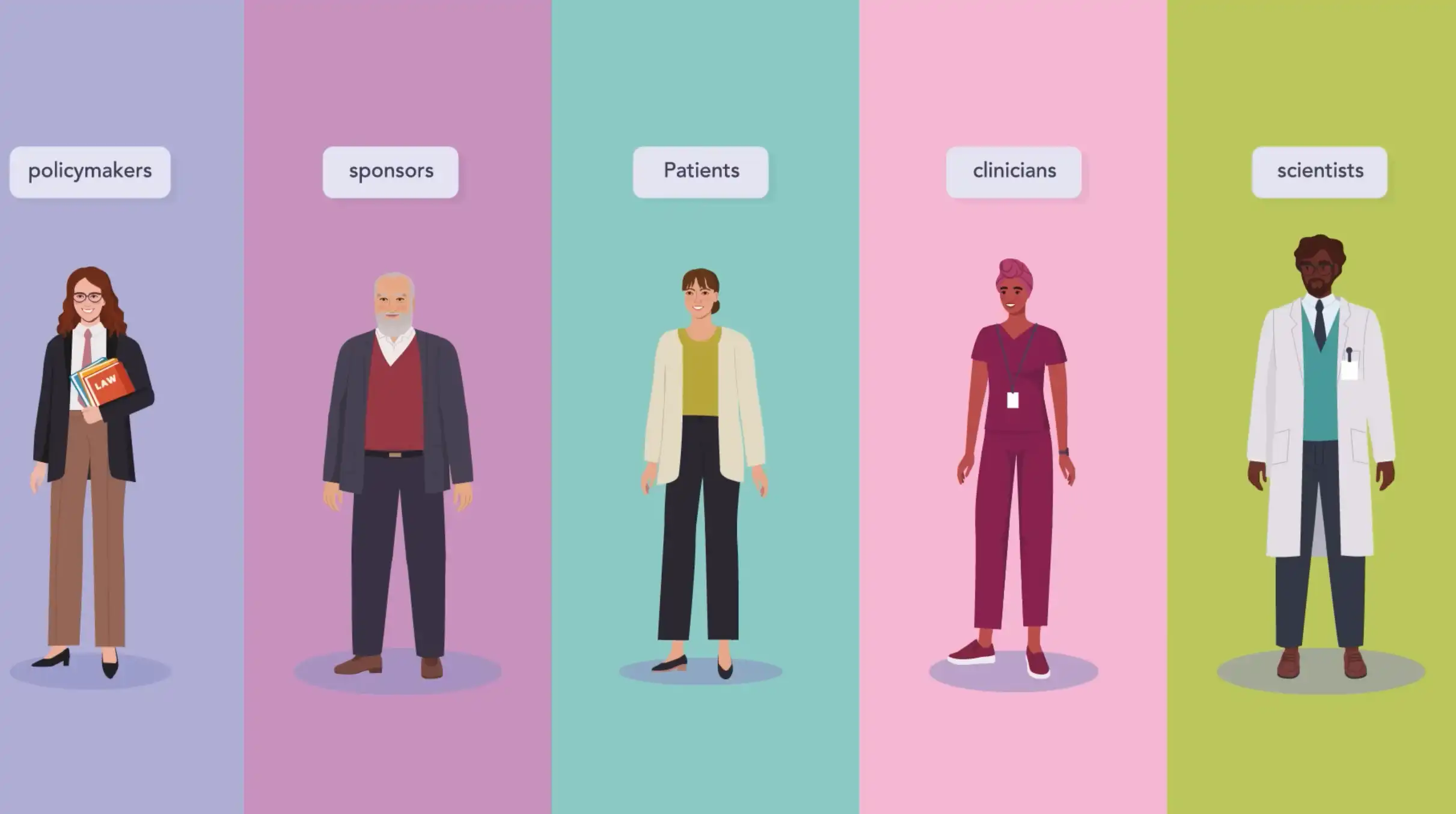
The emerging paradigm of shared decision-making embodies collective understanding, encouraging participants to make informed decisions about their health while acknowledging the importance of shared decision-making as an act of moral behavior, contributing to a more equitable, respectful, and compassionate society.
According to the authors, creating an environment of integrity, transparency, inclusivity, and reciprocity is crucial for ensuring ethical, person-centered clinical research. Trust-filled contexts can be created by ensuring accountability and transparency in decision-making and recognizing values such as fairness, adherence to standards, and justice as the basis of a social alliance and anchoring the work in the shared human endeavor to understand, heal, and improve the human condition.

Given the complexities of constructing a robust social alliance, a clear roadmap is warranted for its formation and progression. According to the authors, broad consultations, and inclusive dialogues, are imperative. For this purpose, dedicated leadership roles within the alliance are necessary to ensure the alliance’s representativeness and effectiveness. Moving forward, it is essential to recognize that the guiding principles of clinical research, such as respect for persons, beneficence, and justice, remain fundamental to guiding the work through complexities and challenges.
By anchoring this approach in these guiding principles, the authors aspire to create a social alliance that is responsive to current challenges and is adaptable to the evolving landscape of clinical research, a deeply human endeavor rooted in the shared desire to understand, heal, and improve the human condition.



